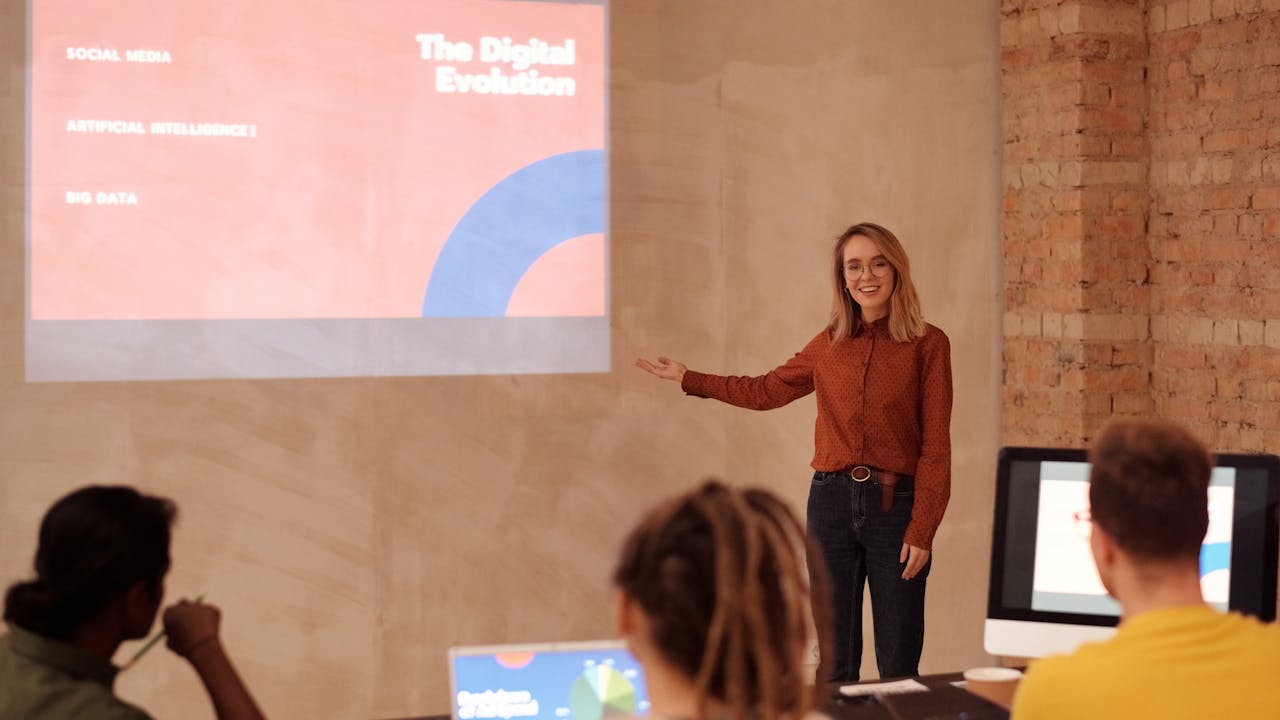In the realm of education, a revolutionary approach has emerged, one that challenges traditional methods and promises to revolutionize the way we learn: personalized learning. At its core, personalized learning recognizes the unique strengths, weaknesses, and interests of each learner, tailoring instruction to meet their individual needs. This article delves into the concept of personalized learning, exploring its principles, benefits, challenges, and the future it holds for education.
Understanding Personalized Learning: Defining the Paradigm Shift
Personalized learning is not a one-size-fits-all approach; rather, it is a dynamic educational framework that adapts to the diverse learning styles and paces of students. At its foundation lies the belief that every individual possesses untapped potential waiting to be unlocked through customized learning experiences. Unlike traditional classroom models, which often follow a rigid curriculum and pacing, personalized learning empowers students to take ownership of their learning journey.
The Pillars of Personalized Learning: Customization and Flexibility
Central to personalized learning are two key pillars: customization and flexibility. Customization involves tailoring learning experiences to align with students’ interests, abilities, and goals. This can manifest in various forms, such as differentiated instruction, project-based learning, or adaptive learning technologies. Flexibility, on the other hand, allows students to progress through content at their own pace, ensuring that they have the time and support needed to master concepts before moving forward.
Benefits of Personalized Learning: Empowering Learners and Fostering Growth
The benefits of personalized learning are manifold, impacting students, educators, and the educational system as a whole. For students, personalized learning cultivates a sense of agency and self-efficacy, instilling confidence in their abilities and fostering a lifelong love for learning. By catering to individual learning needs, personalized learning maximizes student engagement and motivation, leading to improved academic outcomes and higher levels of achievement.
Empowering Educators: The Role of Teachers in Personalized Learning
In a personalized learning environment, educators serve as facilitators of learning, guiding and supporting students as they navigate their educational journey. Rather than delivering one-size-fits-all instruction, teachers leverage data, technology, and pedagogical expertise to design personalized learning experiences that meet the diverse needs of their students. This shift in roles empowers educators to forge deeper connections with students, identify their strengths and challenges, and provide targeted interventions when needed.
Challenges and Considerations: Navigating the Roadblocks to Personalized Learning
Despite its potential, personalized learning is not without its challenges. Implementation can be complex, requiring significant investment in resources, professional development, and infrastructure. Moreover, ensuring equitable access to personalized learning experiences for all students remains a pressing concern, particularly in underserved communities where access to technology and support may be limited. Additionally, navigating privacy concerns and data security issues poses another hurdle in the adoption of personalized learning technologies.
The Future of Education: Embracing Personalized Learning
As we look to the future of education, personalized learning emerges as a beacon of hope, offering a transformative vision for teaching and learning. By harnessing the power of customization, flexibility, and technology, personalized learning has the potential to revolutionize education, empowering learners of all ages to reach their full potential. As we continue to explore and refine this innovative approach, let us remain steadfast in our commitment to equity, inclusivity, and excellence in education.
A Call to Action
In conclusion, personalized learning represents a paradigm shift in education, one that prioritizes individuality, empowerment, and growth. By embracing this transformative approach, we have the opportunity to unlock the full potential of every learner, paving the way for a brighter, more equitable future. As educators, policymakers, and stakeholders, let us join hands in championing personalized learning and reshaping the landscape of education for generations to come.



